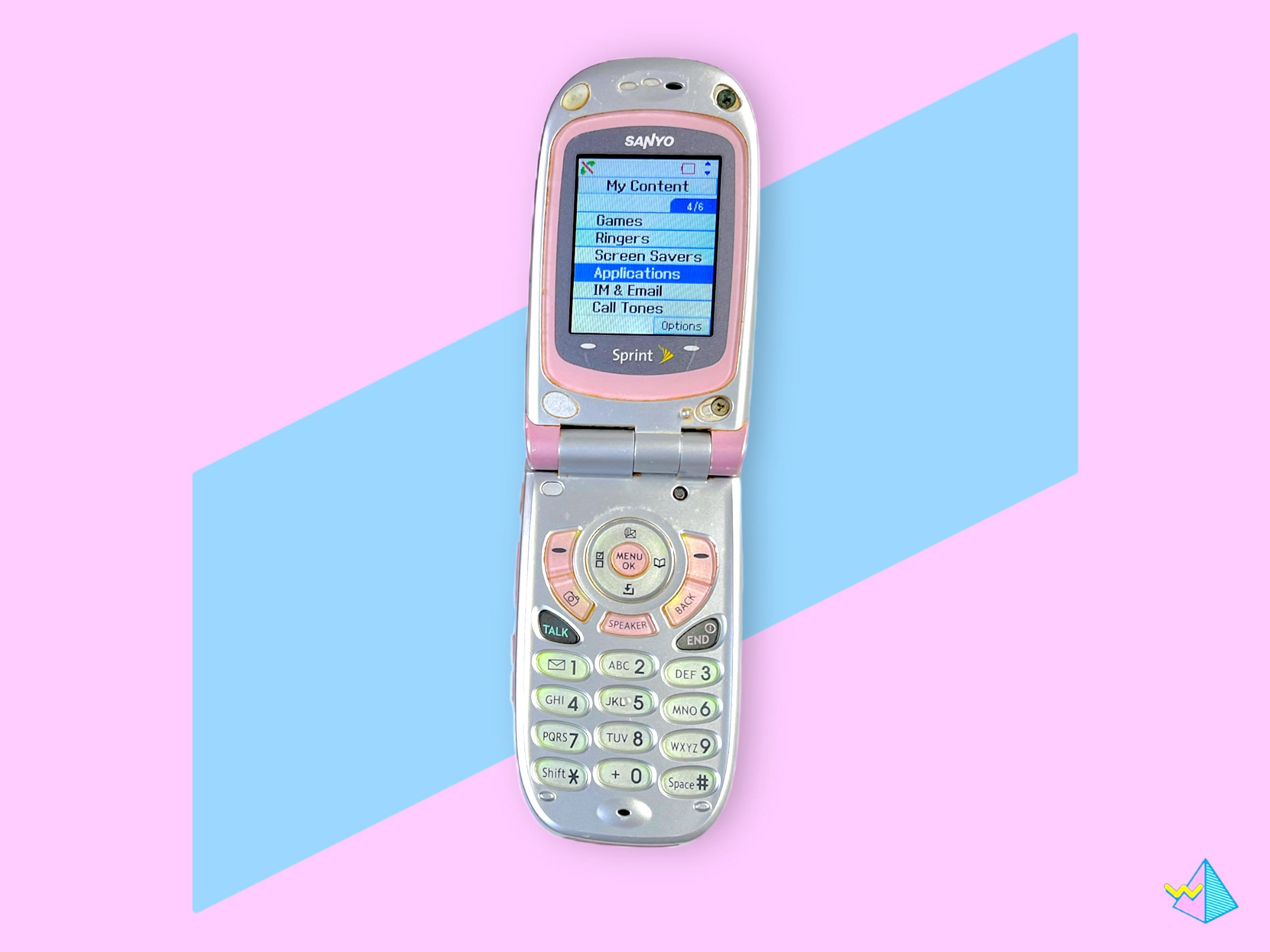In our rapidly changing world, education is going through a significant shift, as scholars like Michael Wesch have noted in their talks about the emergence of a participation culture. Wesch, a renowned education professor, investigates how technology might change lives, particularly in light of the rise of participatory culture. His findings provide insight into the profound changes affecting our increasingly digital society’s modes of communication, employment, and education. Education will be significantly impacted by this shift toward a participatory culture, both generally and in regard to particular classroom environments.
I’ll place a strong emphasis on a methodology that promotes student engagement, group projects, and the use of digital resources in my future classroom. In order to promote critical thinking and global awareness, as a teacher, I will inspire students to actively interact with classmates and the material. Social media and discussion boards are examples of technologies that will foster a participatory culture by enabling meaningful connections and co-creation of information. My objective is to foster an atmosphere in which students feel free to investigate, challenge, and come to a shared understanding.
Even though the YouTube video was uploaded back in 2008, the lecturer provides thoughtful observations on the revolutionary impact of technology in the video called “An Anthropological Introduction to Youtube“. It’s interesting to consider whether his opinions on media consumption have changed since then. I was in fifth grade when YouTube first launched in 2005, so it’s crazy to even say that aloud. I had assumed it had been released sooner! (I also just realized I aged myself with that comment, yikes). It appears that knowledge was the primary purpose of the internet before YouTube opened its doors and changed its focus to “linking people.” YouTube achieved a major milestone by completely changing the way people connect and exchange content. We now live in a dynamic media ecosystem that is continually entangled with fresh content and limitless connectivity, as Wesch brilliantly explains.

Inadvertently igniting a global craze, Gary—the pioneer behind the legendary Numa Numa video —invited everyone to join the digital “dance floor.” The concept of spreading a video across the nation was revolutionary back then. Being one of the first people in my friend groups to own a flip phone, which was pink by the way, I recall being ecstatic when I received my first cellphone in 2006. It was a tiny little device without any internet or camera. Our pockets are now equipped with tiny computers and worldwide media connections!
To ensure that students are sufficiently prepared for the intricacies of modern society, educational establishments need to reevaluate their traditional approaches. The traditional, one-size-fits-all method is insufficient today; there is a growing demand for individualized learning experiences that let students explore their passions and acquire critical skills. In the digital age, when technology offers never-before-seen opportunities for discovery and invention, this move toward individualized learning is essential. But these possibilities also present difficulties, such information overload and worries about privacy and safety online. Teachers need to give their children the digital literacy tools they need to appropriately navigate this complicated environment. In order to close the digital divide and advance inclusivity in education, it is also crucial to guarantee equity and access to digital learning resources.
Even now, another popular Wesch video from 2007 called “The Machine is Us/ing Us” is still relevant. We need to reconsider many of the things Wesch stated, including ourselves, as machines are getting closer to taking over the world. One’s online personality may be directly reflected in their interactions with others, therefore it’s important to give these things careful consideration.
To sum it up, Wesch’s observations regarding the transformative potential of technology and the rise of participatory culture provide insightful viewpoints for teachers navigating the always changing digital environment. We can design learning environments that provide students with the skills they need to succeed in the digital age by encouraging a participative culture in the classroom and addressing the opportunities and difficulties presented by technology.